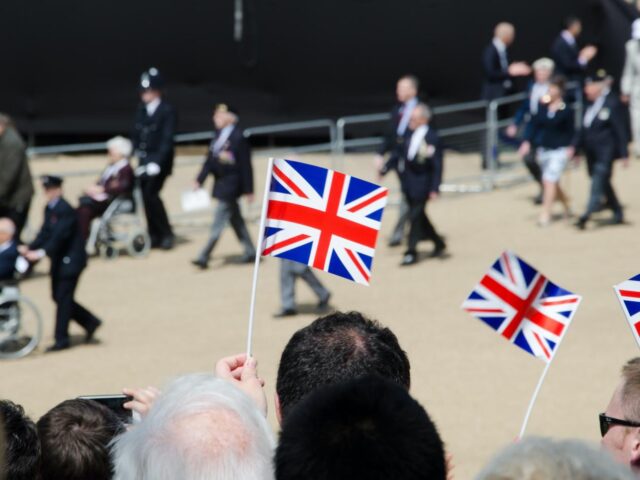The project was funded by the Forces in Mind Trust and The National Lottery Community Fund.
The project analysed data from the King’s Centre for Military Health Research cohort study to assess veteran experiences and mental health. This data was compared with data from non-veterans collected in Wave 6 of Understanding Society and data from the Adult Psychiatric Morbidity Survey.
The analysis found that overall, UK veterans who served during the military operations in Iraq and Afghanistan were more likely to report probable common mental disorders, post-traumatic stress disorder (PTSD) and alcohol misuse than non-veterans.
Key findings
- Male veterans were more likely to report probable mental health problems than male non-veterans of the same age, but there was no significant difference between female veterans and female non-veterans of the same age.
- Veterans and non-veterans who were unable to work due to illness or disability were more likely to report a common mental health problem than veterans and non-veterans who were employed.
- Both male and female veterans were more likely to report drinking at a hazardous level (i.e. binge drinking) than their non-veteran counterparts.
- Veterans who were younger were more likely to report both a common mental health problem and probable PTSD, compared to those who were older.
- Male veterans were more likely to report symptoms of more problematic drinking behaviours than female veterans (i.e. symptoms of harmful drinking and dependence).
- Veterans who were single were more likely to report probable PTSD and those separated, divorced or widowed were more likely to meet criteria for alcohol misuse, compared to veterans in a relationship.
The report also looked at mental health treatment for veterans and non-veterans, in particular at the Improving Access to Psychological Therapy (IAPT), an NHS service designed to offer short-term psychological therapies to people suffering from anxiety, depression and stress.
The researchers said of the findings, “Veterans are just as likely to recover from a mild to moderate mental health disorder following psychological treatment at an NHS Improving Access to Psychological Therapies (IAPT*) centre as non-veterans.
“We therefore recommend that the IAPT initiative raise awareness of their services to veterans and to services to whom veterans initially present. They should also train their staff in veteran sensitive practice. The findings from the current study should also be disseminated widely to the general public, beyond typical academic and policy channels, in order to increase veterans’ trust in these generic NHS services.”




